This detailed article explains the definition, benefits, and various applications of aluminum frames. Aluminum frames are structural frameworks that are lightweight, sturdy, and resistant to corrosion. They are utilized in a variety of industries, including construction, automotive, furniture, and aerospace. Discover the advantages of aluminum frames, including their versatility, robustness, and design flexibility. Learn about their applications in architectural constructions, industrial gear, automobile components, furniture, display systems, and more. Whether you’re looking for information for a specific project or want to learn more about aluminum frames, this guide will help you understand their use and benefits in a variety of applications.
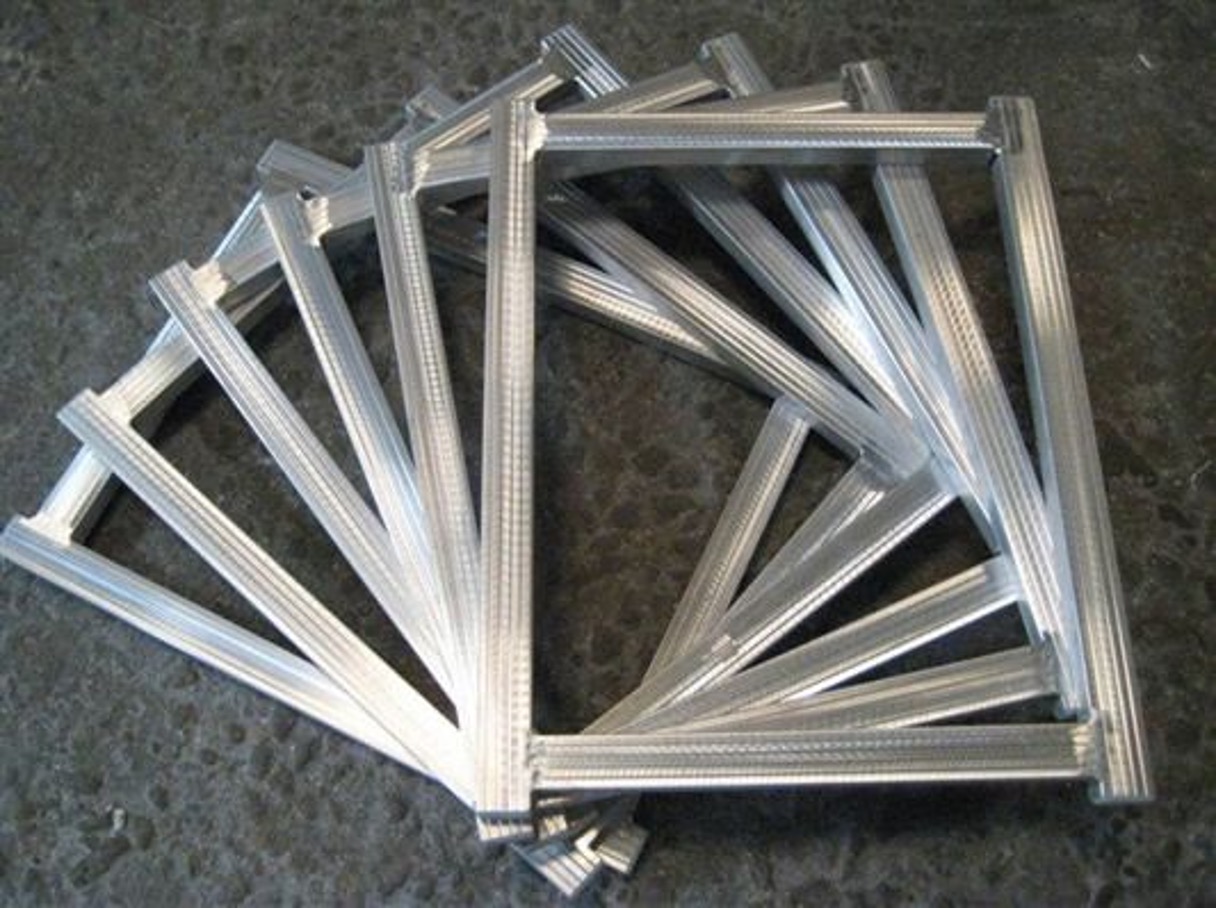
An aluminum frame is a structural framework or support system made mostly from aluminum. It is often made up of interconnected aluminum components that add strength, stability, and structural integrity to a variety of products and constructions. Aluminum frames are widely employed in applications that need lightweight, sturdy, and corrosion-resistant materials. They can be found in many industries, including construction, automotive, furniture, aerospace, and electronics. Aluminum frames can assume many different shapes and configurations depending on the application, but they are distinguished by the use of aluminum as the principal material for the frame.
Aluminum frames are structural frameworks composed mostly of aluminum, a lightweight and adaptable metal. Aluminum’s unique qualities make it widely used in a variety of industries and applications.
Aluminum, the major material in these frames, has various advantages. First and foremost, aluminum is lightweight. Aluminum weighs substantially less than steel, making it easier to handle, transport, and install. This feature is very useful in areas where weight reduction is critical, such as automotive and aerospace.
Despite its small weight, aluminum is a strong and durable substance. Aluminum frames can handle a wide range of loads and strains, making them appropriate for a variety of applications, including construction and transportation. Aluminum has a high strength-to-weight ratio, which allows for efficient material utilization while maintaining structural integrity.
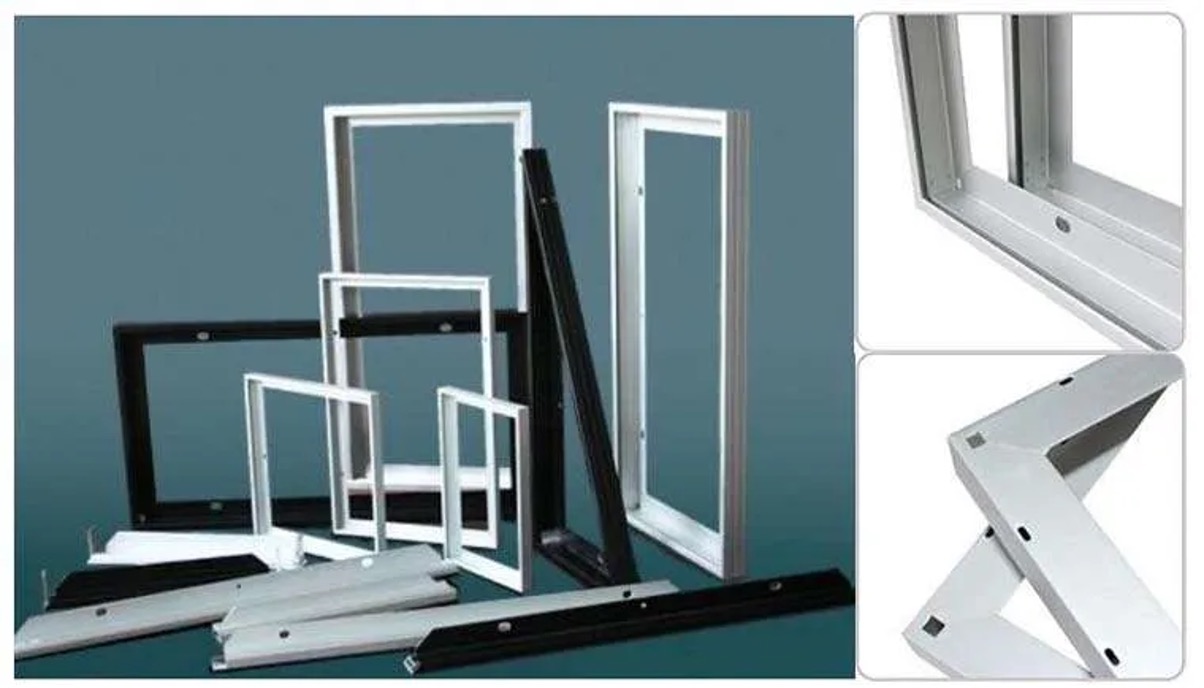
One of aluminum’s most remarkable features is its high corrosion resistance. Aluminum naturally generates a protective oxide layer on its surface to help prevent corrosion. This property qualifies aluminum frames for outdoor applications and environments prone to moisture and harsh weather conditions. Corrosion resistance adds to the lifetime and durability of aluminum frames.
Aluminum frames provide design adaptability. Aluminum may be easily formed into a variety of profiles and configurations using operations such as extrusion, casting, and machining. This versatility enables customization to fulfill specific shape, size, and functionality needs. Furthermore, aluminum frames frequently have a sleek and modern appearance, which adds aesthetic appeal to the final product.
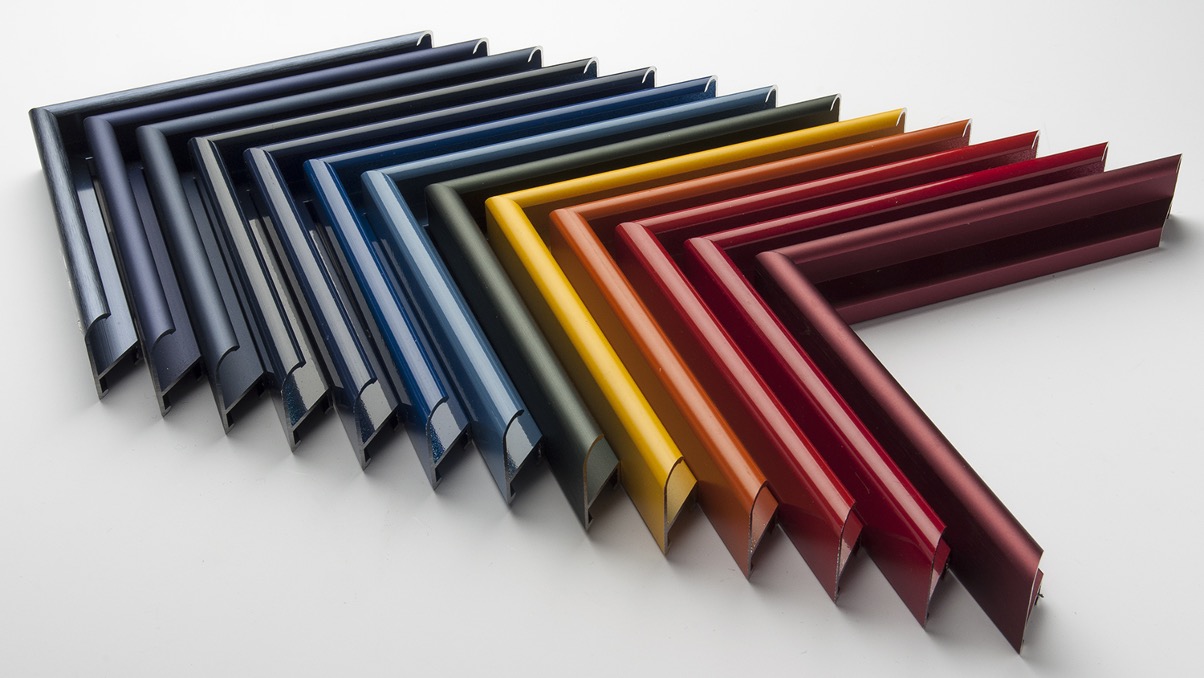
Aluminum frames have another advantage: thermal efficiency. They can be built to provide thermal insulation, which improves energy efficiency. Aluminum frames can reduce heat transfer by introducing thermal breaks or insulation materials, hence enhancing structural thermal efficiency.
Aluminum is extremely recyclable, and aluminum frames can be recycled multiple times without losing their qualities. As a result, aluminum frames are an environmentally beneficial option, helping to promote sustainability and reduce waste. Aluminum’s recyclability is consistent with the increased emphasis on environmentally responsible practices in numerous industries.
Aluminum frames are used in a variety of industries, including construction, transportation, furniture, electronics, and more. They find application in windows, doors, furniture frames, automobile components, solar panels, displays, and a variety of other structures and goods. Aluminum frames are a popular choice in a variety of industries due to their lightweight construction, strength, durability, corrosion resistance, design versatility, and recyclability.
Aluminum frames are produced using a variety of production methods. Here are a few common types:
Extrusion is a popular method for producing aluminum frames. Pushing heated aluminum billets through a designed die produces precise cross-sectional profiles. Extruded profiles can then be cut and combined into frames for a variety of purposes.
Casting is another way used to manufacture aluminum frames. This procedure involves pouring molten metal into a mold and allowing it to harden. After cooling, the solidified metal is removed from the mold, and additional machining or finishing techniques may be used to create the required frame shape.
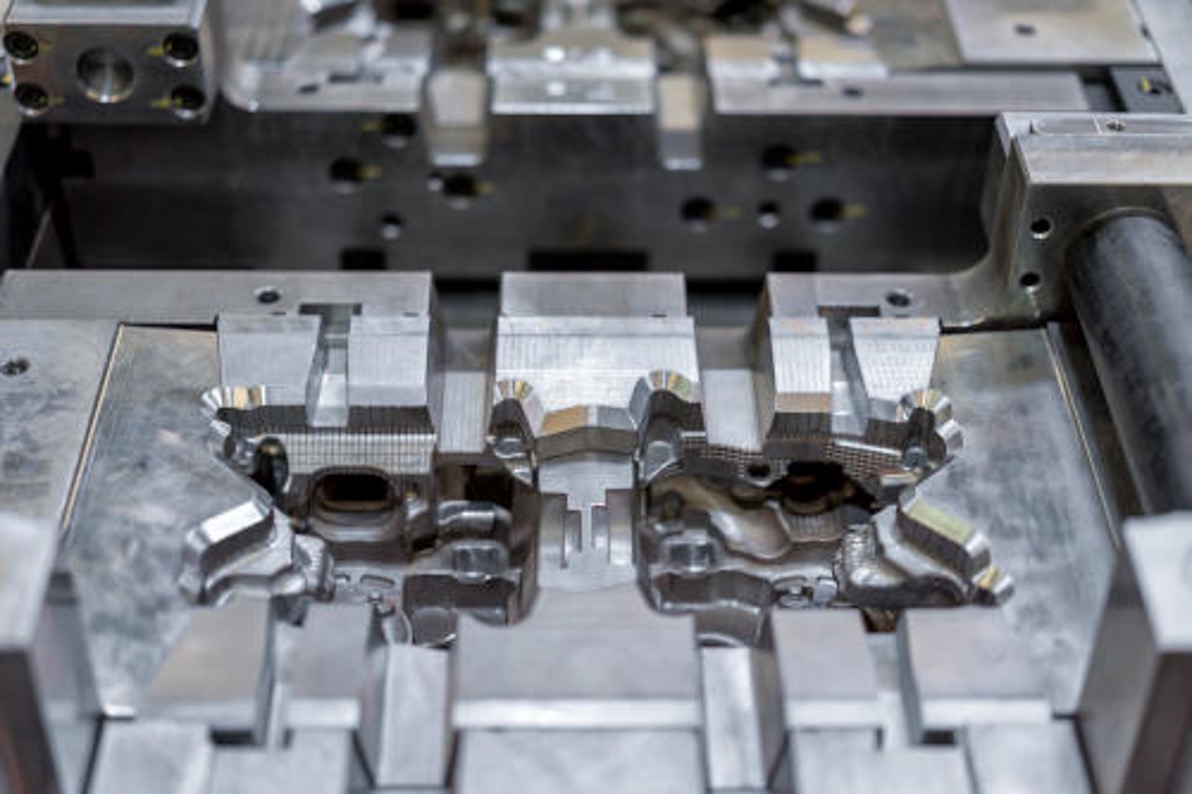
Welding is a standard method for joining aluminum frame components. It entails melting the base material along with a filler ingredient to form a strong and lasting bond. Aluminum frames can be assembled using a variety of welding processes, including TIG (Tungsten Inert Gas) and MIG (Metal Inert Gas).
Roll forming is a manufacturing process in which continuous strips of aluminum are pushed through a succession of rollers, progressively shaping them into the appropriate frame shapes. This approach is commonly used to create frames with uniform cross-sectional forms and extensive lengths.
Machining is the process of removing material from solid aluminum blocks or billets using cutting tools to mold them into frame components. This approach is widely employed in the precision manufacture of specialized or custom aluminum frames.
Bending is a shaping process in which metal profiles are bent or curved to generate certain frame forms. This can be accomplished using a variety of bending processes, including press bending and rotary draw bending, depending on the complexity of the frame design.
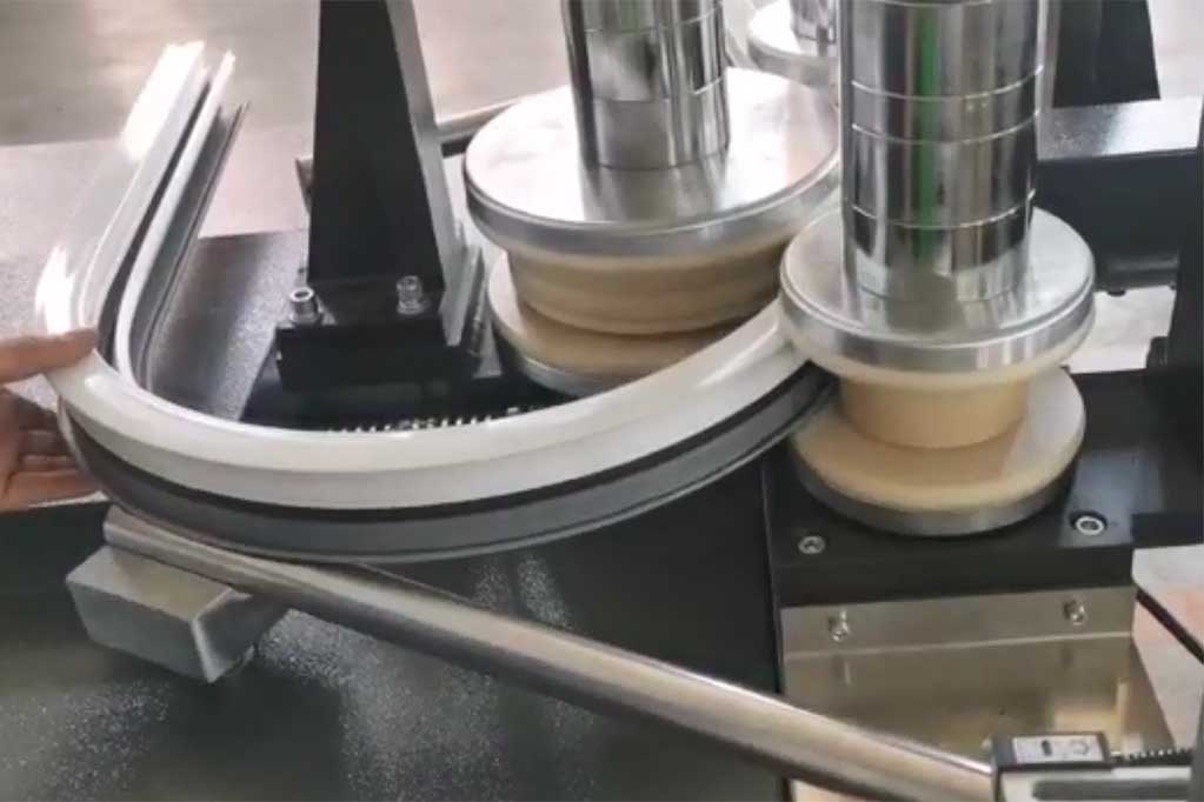
These are some of the most common manufacturing methods for aluminum frames. The preferred manufacturing process is determined by factors such as frame design, complexity, production volume, and cost concerns. Each approach has advantages and disadvantages, and the method chosen might have an impact on the final aluminum frame’s qualities, quality, and cost.
Aluminum extrusion frames are used in a variety of sectors and products because of their adaptability, strength, and design flexibility. Here are some common uses for extruded aluminum frames:
Aluminum extrusion frames are widely utilized in the building sector for architectural structures like doors, windows, curtain walls, and facades. Aluminum’s lightweight nature, combined with its strength and corrosion resistance, makes it an excellent material for making long-lasting and visually appealing building envelopes.
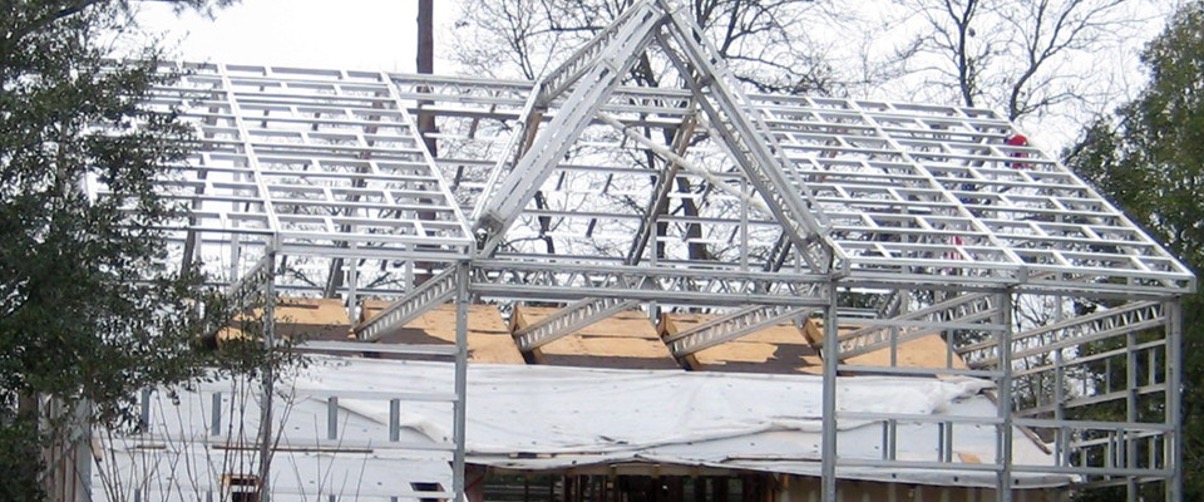
Extruded aluminum frames are commonly used in the manufacture of industrial machinery and equipment. They offer structural support, housing, and mounting solutions for conveyors, assembly lines, robotic systems, and material handling systems. Aluminum extrusion profiles are flexible, allowing for the easy integration of diverse functional parts.
Aluminum extrusion frames have gained appeal in the automobile industry due to their lightweight yet sturdy qualities. They are utilized for vehicle chassis, body structures, roof racks, and interior trim components. The use of extruded aluminum frames reduces vehicle weight, which improves fuel efficiency and performance.
Aluminum extrusion frames are used in the manufacture of furniture and fittings. They are used to fabricate frames for chairs, tables, storage units, display racks, and lighting fixtures. Aluminum’s design adaptability enables the construction of elegant and modern furniture designs.
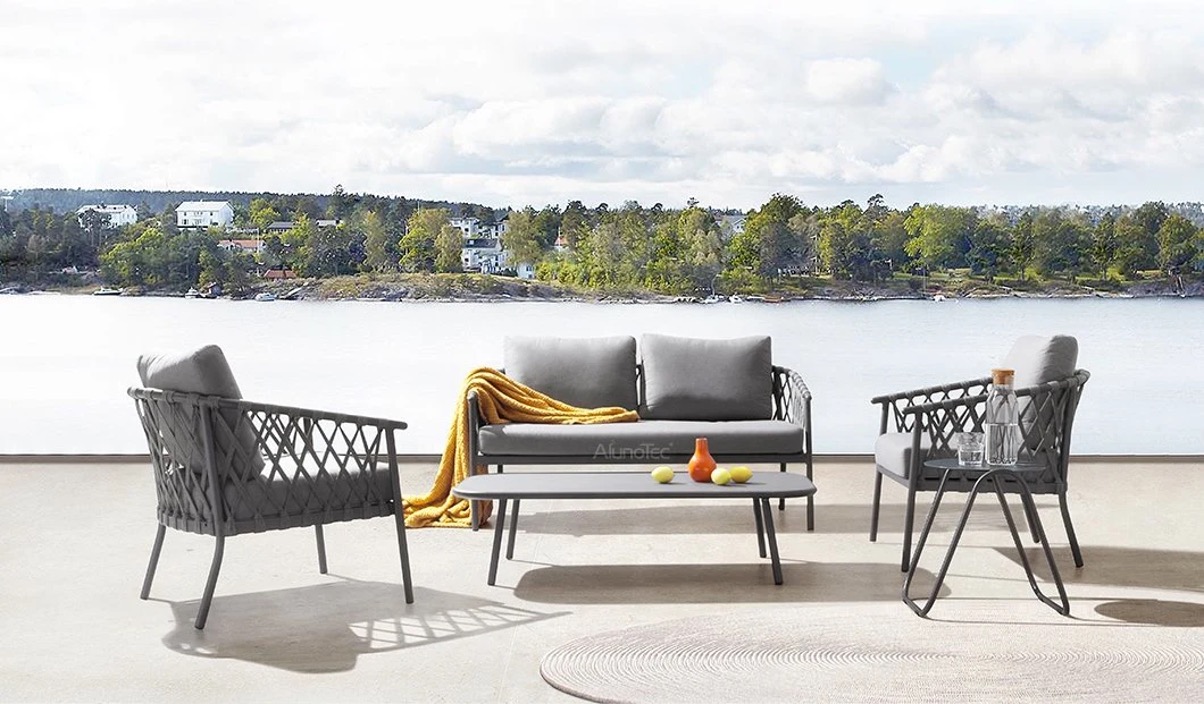
Display and signage systems are manufactured using aluminum extrusion frames. They provide a framework for trade show booths, exhibition stands, shop displays, and signage structures. Aluminum extrusion profiles are modular, allowing for easy assembly and modification of display systems.
Aluminum extrusion frames are used in the electronics industry to create enclosures and housings for gadgets, control panels, and equipment. The frames offer structural support, heat dissipation, and protection to delicate electrical components.
Aluminum extrusion frames are used in the renewable energy industry, particularly for solar panel mounting systems. They provide structural support and integrity for solar panels, allowing for simple installation and adjustment to maximize solar energy capture.
Medical and healthcare equipment are manufactured using extruded aluminum frames. They are utilized in hospital bed frames, medical carts, equipment racks, and diagnostic systems.

While it is difficult to definitively define the top five aluminum frame suppliers because rankings might change depending on specific criteria and regional considerations, the firms listed below are highly acknowledged for their competence and importance in the industry:
Hydro Extrusion, a branch of Norsk Hydro, is a global leader in aluminum extrusion, offering a wide range of aluminum frames to a variety of sectors. They have a significant global presence and provide broad customisation, design, and fabrication services.
Bonnell Aluminum is a well-known provider of aluminum extrusions, including frames, with a focus on producing high-quality products and excellent customer service. They provide a wide choice of aluminum frame alternatives and have a significant presence in the North American market.
Taber Extrusions is well-known for its competence in aluminum extrusion and provides a diverse selection of custom aluminum frames. With comprehensive design and fabrication capabilities, they serve a wide range of sectors, including aerospace, automotive, and architectural applications.
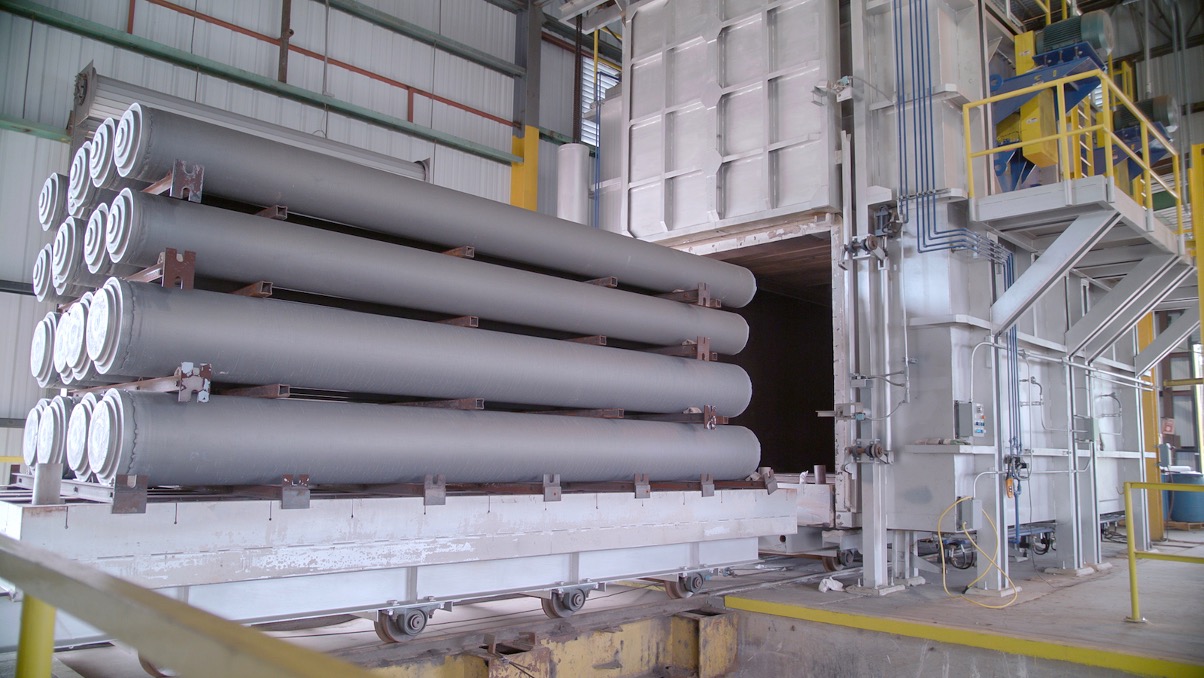
80/20 Inc. specializes in modular aluminum framing systems and is well-known for its adaptable and user-friendly T-slot aluminum profiles. They provide a complete line of conventional and custom aluminum frame solutions for a wide range of applications.
Bosch Rexroth is a well-known supplier of aluminum frame systems for industrial automation and manufacturing applications. They offer a wide selection of aluminum profiles and attachments, allowing for the creation of strong and flexible frames for machinery and equipment.
It is crucial to note that this list just includes some of the most well-known aluminum frame providers; there are many more trustworthy companies in the market. When selecting a supplier, consider product quality, customization choices, cost, regional availability, and project or application-specific requirements. Conducting thorough research and receiving estimates from multiple sources will allow you to make an informed conclusion.
Finally, aluminum frames play an important role in a variety of industries, providing several benefits and uses. Their lightweight nature, combined with great strength and corrosion resistance, make them an excellent choice for a variety of structural applications. Aluminum frames are used in architectural constructions, industrial gear, automobile components, and furnishings because they are durable, versatile, and offer design flexibility. Their applications include display systems, renewable energy, electronics, and healthcare equipment. Aluminum frames continue to transform a variety of industries by improving efficiency, aesthetics, and sustainability. Understanding the definition, benefits, and applications of aluminum frames demonstrates their enormous worth and promise in contemporary design and construction.
Address
Website: https://stavianmetal.com
Email: info@stavianmetal.com
